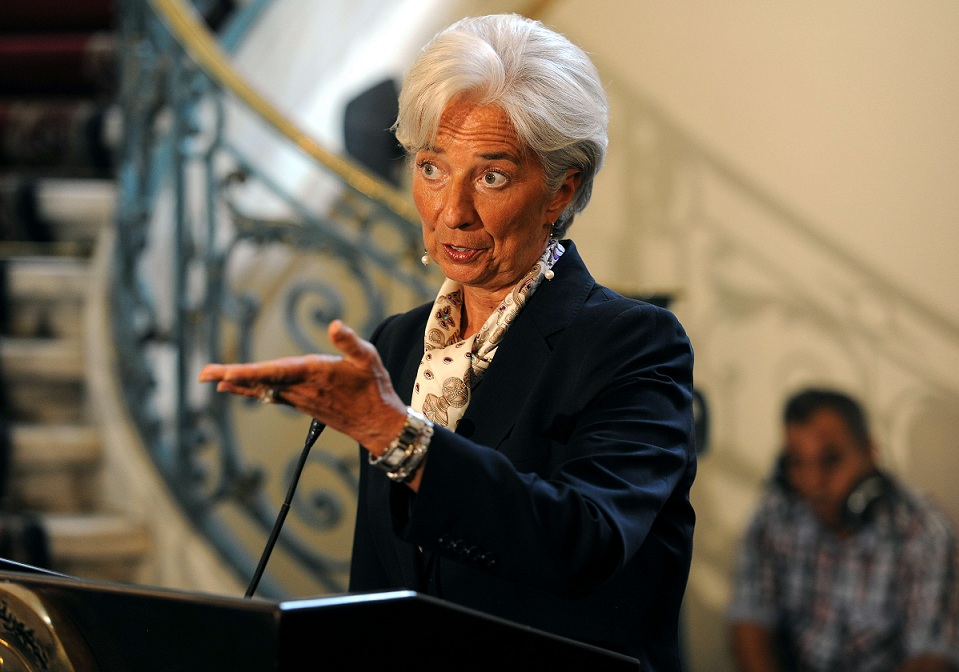CAIRO: Head of the Doctors’ Syndicate Hamdy El-Sayyed expressed concern Saturday over the People’s Assembly’s (PA) approval of the new organ transplant law.
In his speech, El-Sayyed said that several parliamentarians in the PA’s religious committee are unhappy with allowing transplants from non-living donors.
El-Sayyed was speaking at a seminar in Cairo titled “Egypt’s fight against organ trafficking and transplant tourism, organized by the Ministry of Health.
The seminar was also attended by Health Minister Hatem Al-Gabaly; Mehmet Haberal, member of the steering committee for the Declaration of Istanbul on Organ Trafficking and Transplant Tourism and president of the Turkish Transplantation Society; and Frank Delmonico, transplant surgeon and advisor at the World Health Organization (WHO).
“We are more optimistic this time, however we still have this major obstacle in the way of the new law, El-Sayyed said, referring to the debate around the definition of death.
Delaying the PA’s decision on the draft law was the debate around the Sharia definition of death. PA Chairman Fathi Sorour had excluded parliament’s religious affairs committee from discussions of the new law, leaving the matter in the hands of the health committee. However, both opposition and National Democratic Party MPs agreed on the importance of including the religious affairs committee in the debate.
“In Egypt we are dealing with a culture that gives more care and attention to the dead than to [the living], said El-Sayyed, explaining that Egyptians prefer to leave bodies of the deceased “untouched out of “dignity and respect.
This cultural ideology still exists among Egyptians, said El-Sayyed, even though Grand Sheikh of Al-Azhar Mohamed Sayed Tantawy previously said it was permissible for Muslims to donate organs after they’ve passed away.
Tantawy even said it was considered “an ongoing sadaqa (charity).
Still, according to El-Sayyed, many Muslims are uncomfortable with the idea.
At the same time, he added, “We are among four countries that have increasing rates of illegal organ transplants and organ tourism. Yet Egypt is the only one of these countries that has no [framework] regulating organ transplants.
Meanwhile, he said, 18 Muslim countries including Saudi Arabia already have organ transplant laws in place.
“I am sure that even if we manage to pass the law in the PA – which I have doubts about since many PA members oppose the idea of non-living donors – our main challenge will be [changing] cultural perception, El-Sayyed said.
At the same time, El-Sayyed praised the Health Ministry for “helping [the medical community] pass the organ transplant law to the PA, something he said the Doctors’ Syndicate has been trying to do since 1996.
Health Minister Al-Gabaly highlighted the importance of the draft law and the role it will play in eliminating organ tourism and regulating organ transplants to benefit those who “need them the most – not the ones who can pay the most.
Illegal organ transplants have consequences linked to “poverty, social and economic problems and the culture of a whole community, Al-Gabaly said.
The minister said that new regulations were created to be implemented until the law is finalized by the PA.
Since January, it has been obligatory from both the donor and recipient to get approval from the Ministry of Health and the Doctors’ Syndicate before performing organ transplants.
The ministry also proposed in the draft law to have an independent committee unanimously confirm an organ donor’s death based on 14 tests.
It also stipulates that all organ transplants be conducted in public hospitals so the ministry can monitor the procedure.
While the draft law will not directly prohibit organ donation between Muslims and Copts it will give priority to family members. The proposed law will also create a “waiting list system, where patients are listed according to the severity of their cases.
The new law will penalize doctors who perform illegal organ transplants, who can be subject to a maximum sentence of 15 years in jail.
Hospitals or medical centers allowing illegal operations may also be fined up to LE 1 million and can be shut down altogether, he added.
Last month, the State Council approved the new organ transplant draft law and referred it to the Ministry of Health.
The ministry has sent the law to the PA, according to Al-Gabaly.


